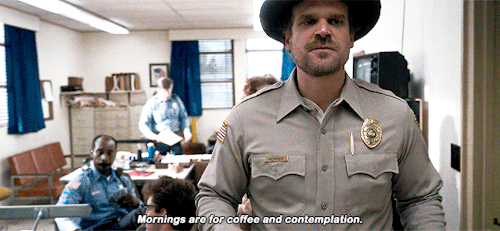
NINNINI
Ninnini, an almost onomatopoeic name, a child, the character described by Keyofeye, whom I thank for the book.
Keyofeye is also the author of the blog Coulelavie.
Eleonora described Ninnini in her Le1000e1recensione, as always, if you click on the bold text, you will be taken directly to the text.
With today’s coffee, I would like to chat about some messages that particularly struck me.
First and foremost: irony.
As you know, I greatly admire those who have the ability to make people laugh with intelligence.
From the very first lines, Ninnini’s world introduces the reader to a humorous dimension that immediately dismantles a ‘sacred monster’ among children’s classics.
After that, the door is open, and even a concept such as anarchy is stripped of any superstructure.
Have you ever found yourself struggling to explain something to a child?
Ninnini could be the key.
Irony is always a key, as is simplicity.
Ninnini is the plastic representation of laziness and shows us the attitude that leads to any kind of excuse not to do something.
On the other hand, his imagination is tireless, and in reality, the characters he creates are “eager to resolve issues in which Evil threatens Freedom and Justice.”
What can I say? More Ninnini for everyone.
Personally, I identified with the moment when, having achieved a record score in a video game, a system bug prevented him from registering his name.
Sometimes I call it my Wile E. Coyote syndrome, but most people call it bad luck.
One thing Ninnini teaches me is to water cacti or they might die. Unfortunately, I killed the cactus Luciana gave me, even though I cared for it like crazy, or maybe because of that.
These are SuperERRORS too 🙂
But we can all grow, starting with Ninnini, who still doesn’t want to drink coffee because it’s for grown-ups 🙂










 Hi I'm Claudia and this is KCDC.
Hi I'm Claudia and this is KCDC.




OPINIONI